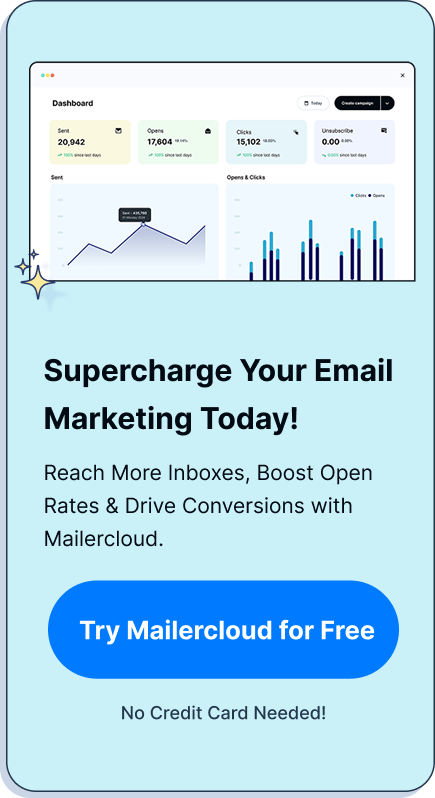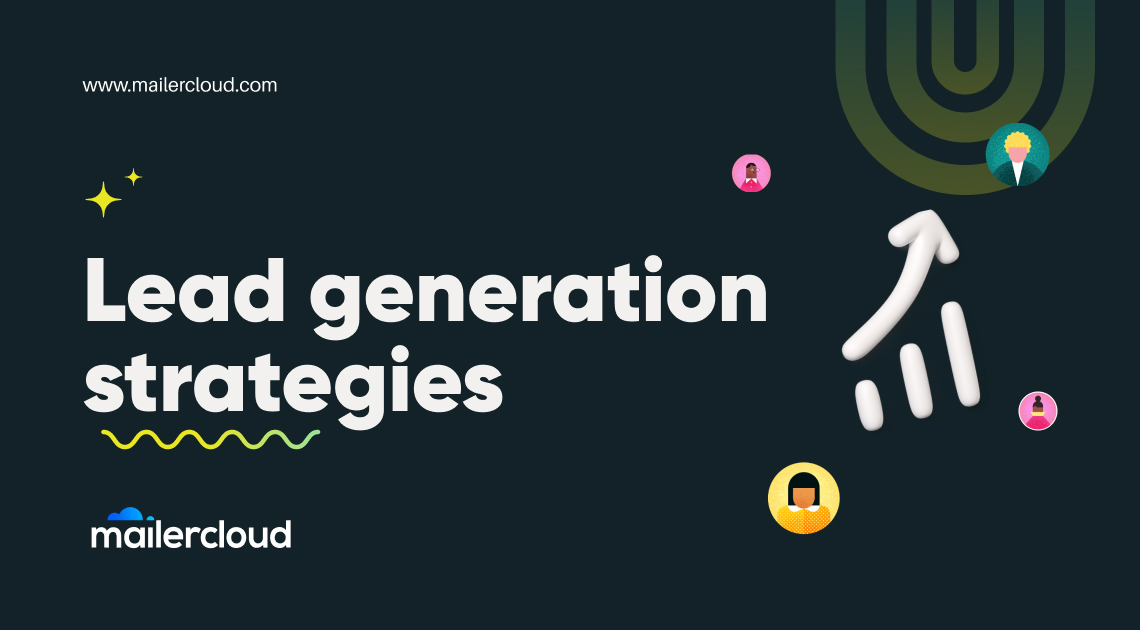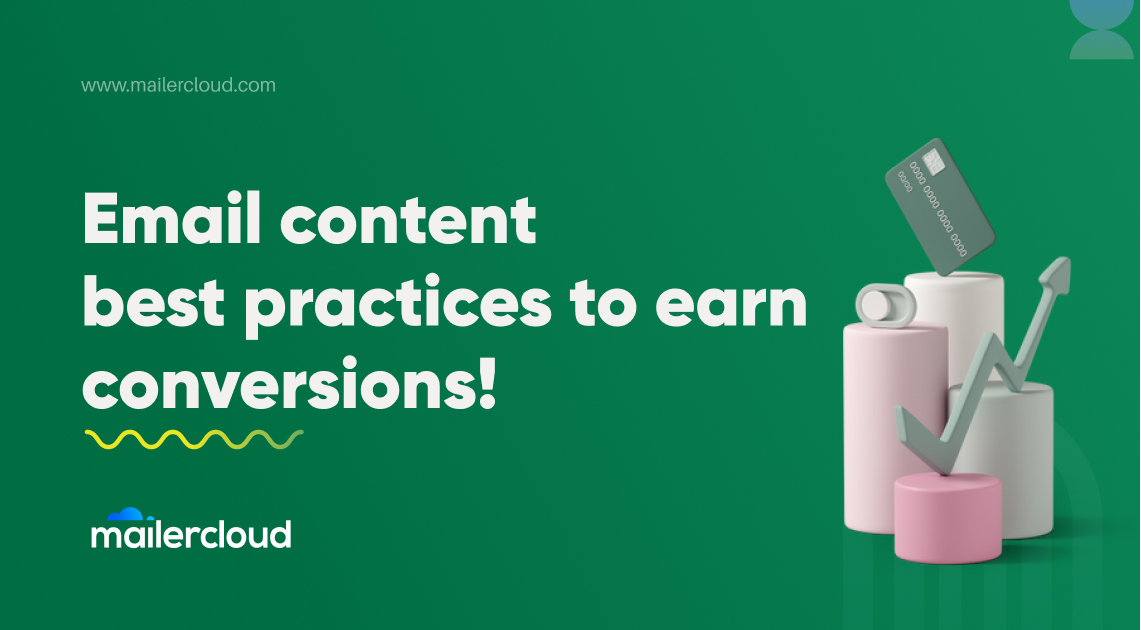Starting May 5, 2025, Microsoft is enforcing new sender requirements for high-volume email senders. If your domain sends over 5,000 emails daily to Microsoft domains like Outlook.com, Hotmail.com, or Live.com, you must implement SPF, DKIM, and DMARC — or risk having your emails land in the Junk folder or be outright rejected.
This article explores what these new rules mean, why they matter, and how Mailercloud ensures you’re ready — without the stress.
Table of Contents
Why Is Microsoft Increasing Email Authentication Requirements?
To counter rising threats like phishing, spoofing, and email-based fraud, Microsoft is raising the bar for email security. Much like Google and Yahoo, Microsoft wants to ensure all bulk senders are authenticating their emails properly through SPF, DKIM, and DMARC.
These authentication standards are designed to protect both senders and recipients, improving overall email deliverability, trust, and security. For brands, this shift is a call to align with global email authentication protocols.
What Are the New Requirements for High-Volume Senders?

If your domain sends more than 5,000 emails per day to Microsoft recipients, you must now:
- Set up SPF: Publish a valid Sender Policy Framework record in your DNS.
- Enable DKIM: Digitally sign your emails with DomainKeys Identified Mail.
- Establish DMARC: Implement a DMARC policy with a minimum of
p=none.
These authentication standards prevent spam, protect your domain from spoofing, and ensure Microsoft can verify your sender identity.
How Mailercloud Helps You Comply Seamlessly
At Mailercloud, we anticipated this shift. That’s why our platform is built with email authentication compliance at its core. Here’s how we help our customers stay ahead:
- Automatic SPF & DKIM setup: When you connect your domain, Mailercloud guides you through setting up SPF and DKIM records. Our system checks your DNS status and alerts you to any issues.
- Built-in DMARC enforcement: Mailercloud encourages every user to configure a DMARC record — and even provides templates to get started.
- Authentication status monitoring: Our dashboard shows you real-time status of SPF, DKIM, and DMARC for your domain.
- Improved inbox placement: With compliant protocols in place, Mailercloud boosts your email deliverability and helps you avoid spam filters.
So, while others scramble to adapt, Mailercloud users are already compliant — and confident.
How Does SPF Help Improve Email Security?

SPF validates that emails sent from your domain originate from authorized servers. It reduces spoofing, a common tactic in phishing schemes, and helps Microsoft confirm the sender’s authenticity.
Mailercloud provides an easy-to-follow SPF setup guide and alerts you if there’s a DNS misconfiguration. It even checks for conflicts between multiple SPF entries — a common mistake among bulk senders.
What Role Does DKIM Play in Email Authentication?

DKIM ensures that your email content hasn’t been tampered with during delivery. It’s a digital signature tied to your domain name, giving Microsoft confidence that your message is legitimate.
Mailercloud automatically generates DKIM keys and provides the necessary DNS entries. With DKIM enabled, your brand becomes harder to spoof — and easier to trust.
In fact, leading providers like Gmail have already rolled out visual indicators for authenticated senders — including the blue verified checkmark next to the sender name. If you’re curious about how DMARC and domain verification can earn you that trust symbol in Gmail, check out our blog on how to get Gmail’s blue verified tick.
Understanding DMARC Policy: Why It’s Now a Requirement
DMARC combines the power of SPF and DKIM to define how receiving servers should handle unauthenticated emails. It allows you to:
- Reject or quarantine suspicious emails
- Receive reports on failed authentication
- Prevent unauthorized use of your domain
With Mailercloud, setting up a DMARC record is straightforward. You’ll also receive compliance tips and reports to monitor your email traffic and domain alignment.
How to Set Up SPF, DKIM, and DMARC for Your Domain
To stay compliant:
- Use Mailercloud’s domain setup wizard to configure DNS records.
- Set up an SPF record that includes Mailercloud’s sending IPs.
- Enable DKIM by publishing Mailercloud’s public key in your DNS.
- Add a DMARC policy like
v=DMARC1; p=none; rua=mailto:dmarc@yourdomain.com.
Mailercloud simplifies all of this with step-by-step guidance, automated checks, and support, ensuring you meet Microsoft’s authentication standards.
What Happens If You Don’t Comply by May 5, 2025?
Here’s the timeline:
Without SPF, DKIM, and DMARC, your emails may not reach the recipient inbox, harming your campaigns and brand reputation. Avoid being penalized — Mailercloud ensures you’re protected before the deadline.
How Do These Requirements Impact Email Deliverability?
Email deliverability refers to your ability to land in inboxes — not spam folders. Microsoft’s stricter authentication protocols mean that unauthenticated emails will struggle to get through.
Mailercloud protects your sender reputation and ensures that your authenticated emails bypass filters. You’ll see improved inbox placement, higher open rates, and fewer bouncebacks.
What Should Bulk Senders Do to Stay Compliant?
Bulk senders must:
- Review SPF and DKIM records regularly
- Publish and maintain a valid DMARC record
- Use tools like Mailercloud’s DNS checker and authentication dashboard
- Avoid sending emails from shared, unauthenticated domains
- Monitor deliverability metrics and authentication reports
Mailercloud automates much of this process, freeing your team from technical headaches and ensuring 100% DMARC alignment.
How Does This Align with Yahoo and Google’s Policies?
Just like Microsoft, Google and Yahoo have also announced authentication requirements for high-volume senders. All three tech giants now demand:
- A consistent, authenticated “From” domain
- Valid SPF or DKIM alignment
- A DMARC policy to instruct servers on how to handle failures
Mailercloud supports domain-based message authentication across all providers. With unified compliance tools, you don’t need separate setups — one platform handles it all.
Final Takeaways: How Mailercloud Keeps You Ahead
- Mailercloud automates SPF, DKIM, and DMARC setup for all users
- DMARC policy templates and setup guides are included
- Email authentication dashboards track your compliance in real time
- Mailercloud users enjoy better deliverability, more opens, and fewer spam complaints
- Ready before Microsoft’s May 5, 2025 deadline
- Trusted by high-volume senders who want to scale without hitting compliance issues
- Full alignment with email authentication protocols set by Google, Yahoo, and Microsoft
- Partner with Mailercloud to ensure you meet every new sender requirement with ease
As a Marketing Director, I develop and implement marketing strategies, conduct market research, and manage a team of marketing professionals. With a successful track record of launching campaigns that drive revenue growth, I bring my marketing expertise to blog writing, creating engaging content that promotes the brand and its products/services.

































